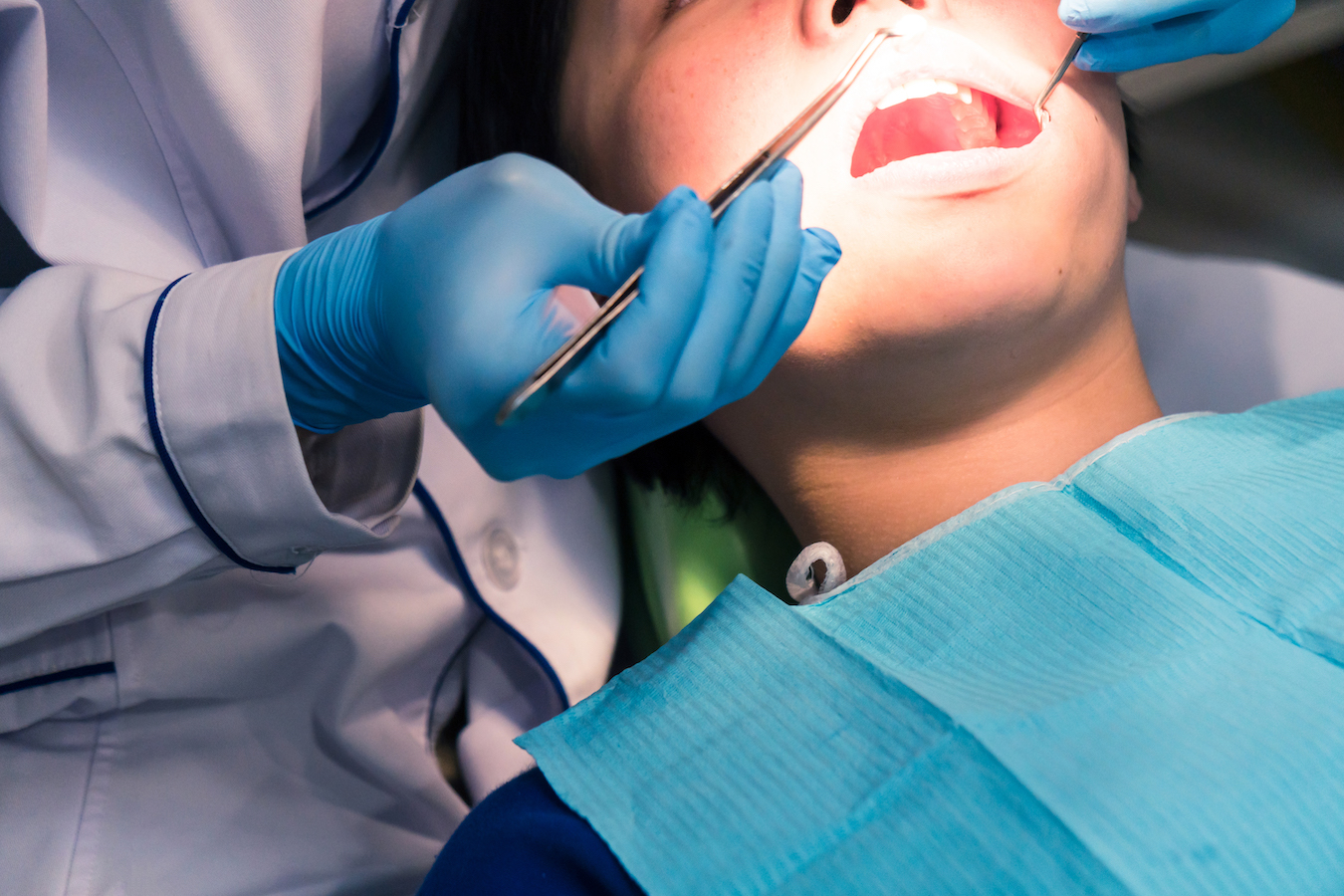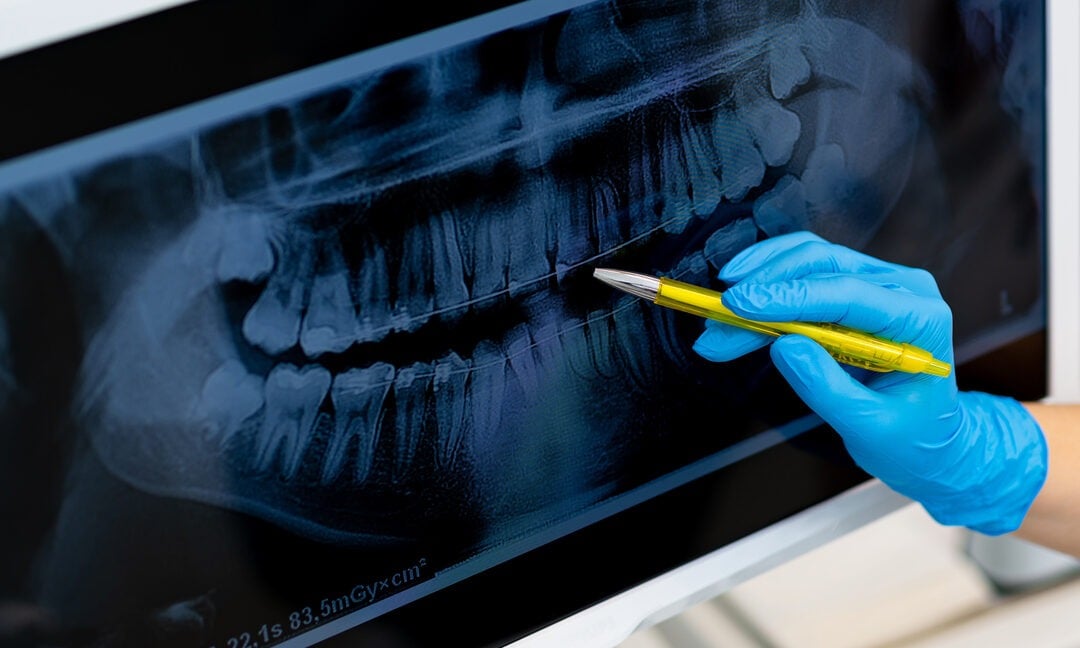Discover Effective Dental Treatments for a More Vibrant Smile - Learn More About Oral Bonding
From fixing broke or blemished teeth to closing gaps and improving enamel, oral bonding supplies a versatile service. By discovering the subtleties of dental bonding, one can gain understandings right into just how this treatment contrasts with other options, giving an extensive view of the opportunities for attaining a brighter smile.
Advantages of Dental Bonding
Dental bonding provides a cost-effective and minimally intrusive solution for enhancing the look of teeth. Unlike other aesthetic oral treatments, such as veneers or crowns, bonding typically needs minimal to no elimination of the all-natural tooth enamel, making it a conventional option for smile enhancement.
Furthermore, dental bonding is a functional treatment that can address a range of visual concerns, including shutting gaps between teeth, improving misaligned teeth, or making teeth appear longer. The bonding product is personalized to match the color of your all-natural teeth, ensuring a natural-looking and seamless outcome. In addition, bonding is a relatively fast treatment that can usually be completed in one appointment, making it a convenient alternative for patients looking for prompt smile renovations.
Procedure Overview
Starting with an exam of the process entailed in oral bonding, we explore the thorough introduction of this cosmetic oral procedure. Dentist in Mt Eden. Oral bonding is a minimally intrusive method utilized to improve the look of teeth by applying a tooth-colored resin product to the surface area. The treatment starts with the dental professional selecting a material shade that matches the natural color of the person's teeth
Following, the tooth surface area is roughed up, and a conditioning liquid is related to help the bonding material adhere correctly. The resin is then molded and shaped to the preferred type before being solidified utilizing a special light. When the material has set, the dentist will better trim and polish it to blend seamlessly with the surrounding teeth.
Oral bonding is generally made use of to repair damaged or cracked teeth, close spaces in between teeth, reshape teeth, and cover stains. It is a quick and cost-effective way to boost the visual appeals of a smile, frequently completed in a single see to the dentist's workplace.
Prospects for Dental Bonding
When identifying qualification for dental bonding, a comprehensive exam of the patient's oral health and cosmetic goals is conducted. Oral bonding is a functional cosmetic dentistry procedure ideal for individuals with small flaws such as damaged, cracked, blemished, or irregular teeth. Prospects for oral bonding should have total good dental health, devoid of periodontal condition or tooth degeneration, as these problems may impact the bonding's durability and performance.
Ideal prospects for dental bonding are individuals wanting to enhance the look of their smiles without considerable oral job. Oral bonding is a traditional treatment choice that can attend to aesthetic problems without the demand for more invasive treatments. It is also a preferred option for those seeking fast outcomes, as bonding can often be finished in a single visit to the dentist's workplace.

Aftercare Tips
Upon completing an oral bonding procedure, maintaining appropriate aftercare is vital to make sure the long life and performance of the therapy. After the bonding procedure, it is vital to avoid consuming difficult foods or biting on items that might possibly damage the bonded location. In addition, avoiding habits like nail-biting or eating on pens can help prevent premature damage on the my sources adhered product.
Regular dental health methods, including brushing with a soft-bristled toothbrush and non-abrasive tooth paste, are important to protect the bond and avoid discoloration. It is advised to floss day-to-day to eliminate any type of food bits that may collect around the adhered area, minimizing the threat of decay.
Regular oral check-ups every six months are essential to keep an eye on the problem of the bonding and address any kind of concerns quickly. During these check outs, your dental expert can assess the bond's integrity, make any necessary repairs, and provide advice on keeping optimal dental health and wellness to prolong the life expectancy of the oral bonding.

Comparison With Other Therapies
In evaluating dental bonding as a therapy choice, it is vital to consider its benefits and limitations in comparison to alternate procedures. One common option to dental bonding is veneers. Veneers are thin shells of porcelain or composite resin that are custom-made to cover the front surface of teeth. While veneers are much more sturdy and stain-resistant than bonding, they are additionally more costly and call for even more preparation of the natural tooth structure.
An additional popular option is dental crowns. Crowns are caps that cover Your Domain Name the whole tooth and are typically used for a lot more extensive damages or to improve the look of an askew tooth. Unlike bonding, crowns are a lot more long lasting and can hold up against better biting forces. However, the process of obtaining a crown entails eliminating even more of the natural tooth framework, making it a permanent treatment.
Eventually, the selection in between oral bonding, veneers, or crowns depends on the individual's details needs, spending plan, and wanted end result. Consulting with a dental expert can assist figure out one visit homepage of the most ideal treatment choice for accomplishing a brighter and extra confident smile.
Verdict
In conclusion, oral bonding is an efficient treatment for boosting the look of teeth by correcting flaws such as staining, voids, and chips. Oral bonding provides a practical and economical remedy compared to other more intrusive dental treatments.
Additionally, dental bonding is a flexible therapy that can address a variety of aesthetic concerns, including closing spaces between teeth, improving misaligned teeth, or making teeth show up longer.Beginning with an assessment of the process included in dental bonding, we delve into the extensive summary of this cosmetic dental treatment. Prospects for oral bonding ought to have overall excellent oral health, free of gum tissue illness or tooth decay, as these conditions might influence the bonding's longevity and effectiveness.
Suitable candidates for dental bonding are individuals looking to improve the appearance of their smiles without substantial oral work. Oral bonding supplies a affordable and convenient remedy contrasted to other much more intrusive dental treatments.